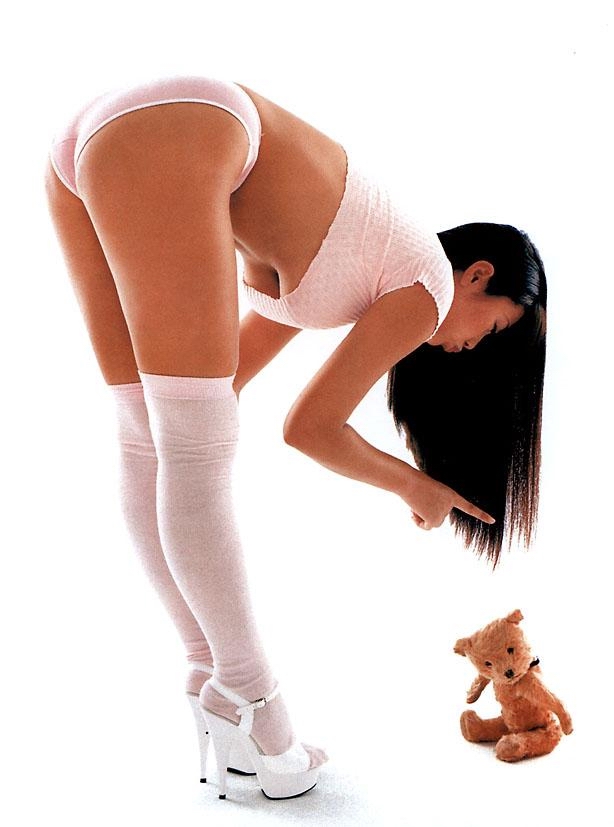Skywatchers eagerly awaiting Saturday's total lunar eclipse say that the spectacle could be the "best in years".
The eclipse began at 2018 GMT, with the Moon totally immersed in the shadow of the Earth between 2244 and 2358 GMT.
During "totality", only light that has been filtered through the Earth's atmosphere reaches the Moon's surface, making it appear a reddish colour.
The eclipse is visible from the whole of Europe, Africa, South America, and eastern parts of the US and Canada.
"They are beautiful events," said Robert Massey, spokesman for the UK's Royal Astronomical Society.
"They have a really romantic feel to them as you look up because the Moon, which is normally pearly white, takes on this reddish colour."
He added that it was totally safe to observe and no protective filters were needed because the Moon would actually be less bright than during a normal full moon.
Mr Massey encouraged everyone to witness the "spectacular" event.
"It is like Mars suddenly coming a thousand times closer and just hanging there in the sky above you."
Lunar eclipses occur when the Sun, Earth and Moon are in a near-perfect line in space.
The Moon travels through the long cone-shaped shadow that the Earth casts in space. At totality, the only light reaching the Moon's surface at this point has been refracted through the Earth's atmosphere.
The appearance of the lunar surface varies according to how much dust is in the Earth's upper atmosphere. For example, following major volcanic eruptions, the Moon appears to be a deep red and almost invisible.
As there have not been any recent sizeable eruptions, astronomers are predicting that the Moon will be bathed in a bright orange light.
"It is not like a solar eclipse where you get to see the outer atmosphere of the sun," explained Mr Massey.
"There were some people in the past who measured how different parts of the Moon cooled down as the Earth's shadow passed over it, but I doubt much of that work is going on now."
Robin Scagell, from the Society for Popular Astronomy, was hopeful that the event will be the "best in years".
"If the clouds stay away, it will be fascinating to watch the Moon's graceful movement through the shadow of the Earth," he said.
The last total eclipse visible from the UK was back in May 2004, but it was obscured by cloudy skies.
After Saturday's eclipse, the next to be seen over western Europe will take place on 21 February 2008, but in the middle of the night between 0300 GMT and 0400 GMT.
 SOURCE
SOURCE